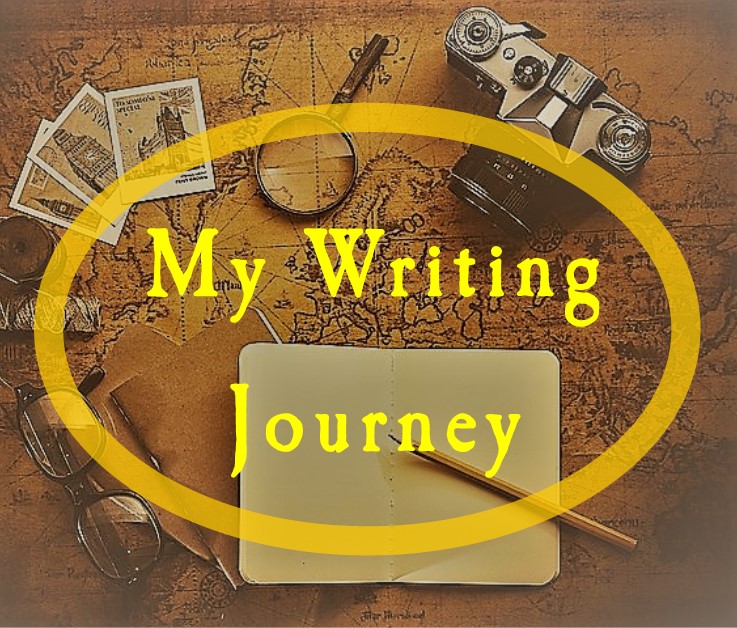
9 Top Blogging Trends for Building an Audience in 2021
Blogging is one of the foolproof ways of building a good audience. It isn’t easy though, considering that it…
August 11, 2021
Blogging is one of the foolproof ways of building a good audience. It isn’t easy though, considering that it…
August 11, 2021
Working for yourself has its own set of rewards and can be extremely lucrative. Being self-employed means being responsible…
June 28, 2021
Aspiring to become a writer as a college student may seem retro from a certain point of view. With…
June 26, 2021
You’ve dreamed of becoming an author for years, and now, you’re preparing to submit your first manuscript to agents…
June 10, 2021
To put it simply, a marketing copywriter is a person who creates texts to sell products. It can be…
May 11, 2021
TikTok is currently one of the most popular video sharing applications in the social media world. It’s filled with…
April 28, 2021
Guest post writing is one of the best tools you can use to create a good reputation and help…
April 26, 2021
The book publishing industry is one of the largest in the world. In 2020 alone, printed book sales increased…
April 23, 2021
Every writer’s heart stops when I utter the words, ‘writer’s block’. We’re ready to write: we have our tea,…
April 19, 2021
Poetry is such a beautiful form of literature. It allows you to say so much without having to write…
January 26, 2021
Perhaps, among all the ways to promote your book, content marketing is the most powerful tool since it allows…
January 24, 2021
What makes us human? For some, it’s our cognitive ability, for others, it’s our ability to feel empathy, compassion,…
January 12, 2021
I’m wondering about what motivates people to start writing. After all, it’s not the easiest thing to do, and…
May 18, 2020
Book reviews are critical as a social buy-in for your book and to market your book through higher placement…
November 18, 2019
My life is divided into before and after. I’m in the after now. Eight years ago, this coming April,…
April 3, 2019
Social media provides a new frontier ready for settlers. We gaze at its complex landscape of influencers, followers, and…
July 9, 2018
I heard a recent statistic. It takes three to eight years to publish a book. For a writer, especially…
April 8, 2018
My youngest child was almost ready for kindergarten. After being a stay at home mom for ten years, I…
March 30, 2018
Jane M. Tucker & Family Charm Genre: Historical Fiction The charm and fascination of her husband’s large family…
March 26, 2018
Just how far back into your past can you reach to find new ideas for writing? Family history (genealogy)…
March 8, 2018
All roads to the finding an agent and the dream of publishing led through the Conference. I’d planned, scraped…
February 24, 2018
You never would have thought of such a thing on your own. It had to be God. He gave…
February 19, 2018
My pastor and mentor, Larry, grimaced at me back in my early twenties. “Why do you like those scary…
November 22, 2017
Overwhelmed. Exhausted. Enlightened. I struggled to stay awake on the drive home from the Ohio Christian Writers Conference, my…
November 16, 2017
Technical writing is a different kind of writing. As a matter of fact, it is a very different kind…
October 16, 2017